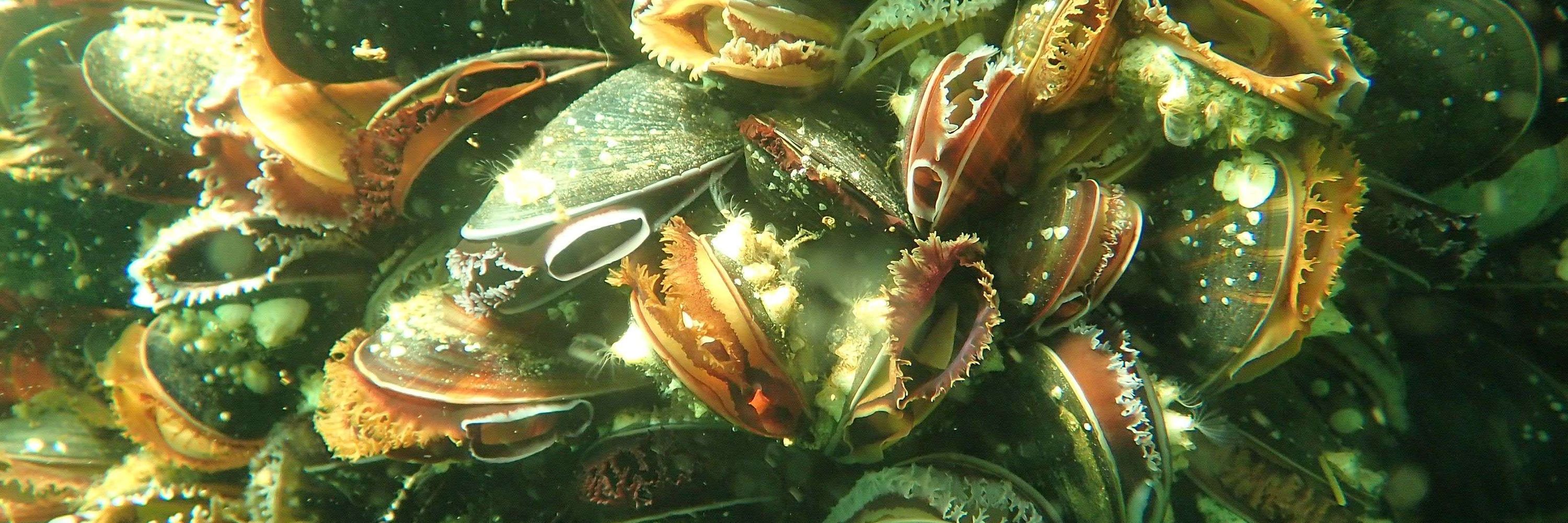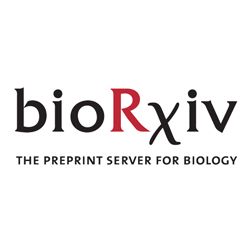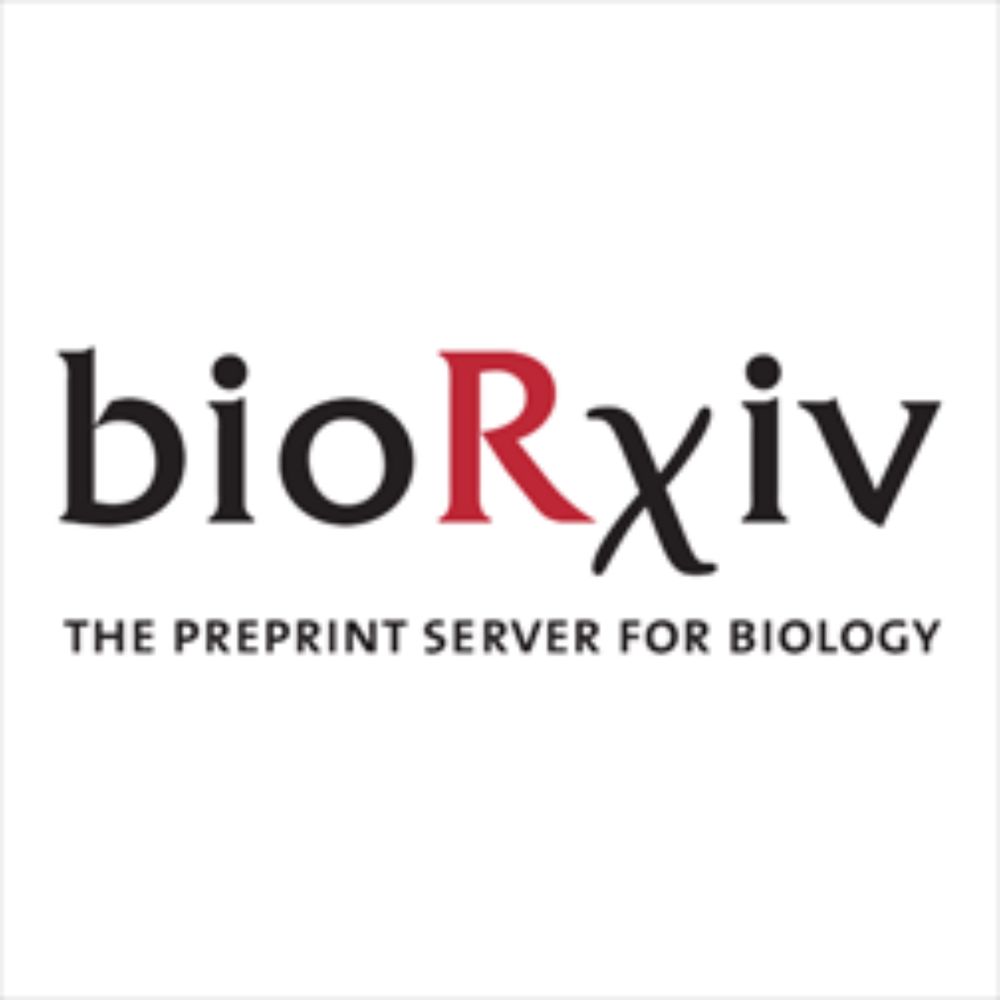
Population Genetics, Evolution, Marine Biology, Transmissible Cancers
#PopGen #Hybridization #Introgression #MarEvol #Transcan #MusselsAreCool
doi.org/10.1093/evle... [1/6]

doi.org/10.1093/evle... [1/6]

@natanaels.bsky.social and Anastasia Stolyarova, trying to think through what sets the mutation rate of a cell type in an animal species: www.biorxiv.org/content/10.6... 1/n

@natanaels.bsky.social and Anastasia Stolyarova, trying to think through what sets the mutation rate of a cell type in an animal species: www.biorxiv.org/content/10.6... 1/n
Quick summary: Lots of studies have examined costs and benefits associated with resistance. Most focus on a single stressor, leaving unclear how resistance shapes fitness and evolution under multiple interacting stresses.
Quick summary: Lots of studies have examined costs and benefits associated with resistance. Most focus on a single stressor, leaving unclear how resistance shapes fitness and evolution under multiple interacting stresses.


"Conditions d’éligibilité - L’appel est ouvert à des jeunes chercheurs ou chercheuses, de toute nationalité, ayant soutenu leur thèse depuis moins de deux ans à la date de prise de fonction. Cette règle des « moins de deux ans » doit impérativement être respectée"
"Conditions d’éligibilité - L’appel est ouvert à des jeunes chercheurs ou chercheuses, de toute nationalité, ayant soutenu leur thèse depuis moins de deux ans à la date de prise de fonction. Cette règle des « moins de deux ans » doit impérativement être respectée"



This work is co-advised by @yundeng.bsky.social and Rasmus Nielsen.
1/7

This work is co-advised by @yundeng.bsky.social and Rasmus Nielsen.
1/7

🔗 doi.org/10.1093/molbev/msaf266
#evobio #molbio #TEsky

🔗 doi.org/10.1093/molbev/msaf266
#evobio #molbio #TEsky

Balancing selection is a fascinating process: malaria resistance, self-incompatibility,etc. Yet, countless examples remain hidden in genomes!
If this question intrigues you, the project led by Laure Segurel and Violaine Llaurens (Paris + Lyon) is perfect! urlr.me/Huj2De
Balancing selection is a fascinating process: malaria resistance, self-incompatibility,etc. Yet, countless examples remain hidden in genomes!
If this question intrigues you, the project led by Laure Segurel and Violaine Llaurens (Paris + Lyon) is perfect! urlr.me/Huj2De

“Hybrids along a natural–anthropogenic gradient: improving policy and management across all levels of biodiversity.”
We explore how to deal with hybrids in conservation — scientifically and practically. A thread 🧵
conbio.onlinelibrary.wiley.com/doi/10.1111/...

“Hybrids along a natural–anthropogenic gradient: improving policy and management across all levels of biodiversity.”
We explore how to deal with hybrids in conservation — scientifically and practically. A thread 🧵
conbio.onlinelibrary.wiley.com/doi/10.1111/...
Il y a un module pour chaque niveau et chaque besoin ! 👇
#rstats #formationcontinue
Suivez la formation @ephe-psl.bsky.social (27 janvier au 5 février) pour apprendre à utiliser R pour traiter vos données :👇
www.ephe.psl.eu/formations-q...

Il y a un module pour chaque niveau et chaque besoin ! 👇
#rstats #formationcontinue
www.nature.com/articles/s41...

www.nature.com/articles/s41...


Feel free to comment, and congratulations, Diane!
www.biorxiv.org/content/10.1...

Feel free to comment, and congratulations, Diane!
www.biorxiv.org/content/10.1...

